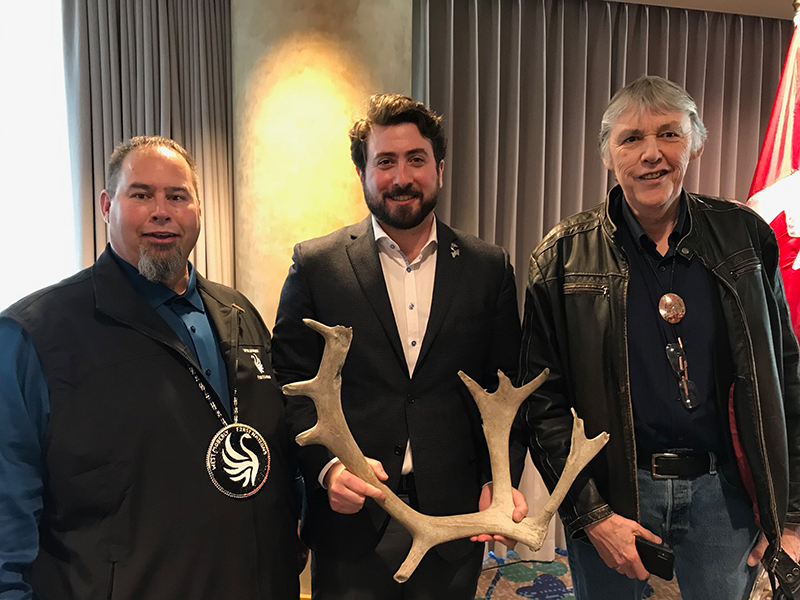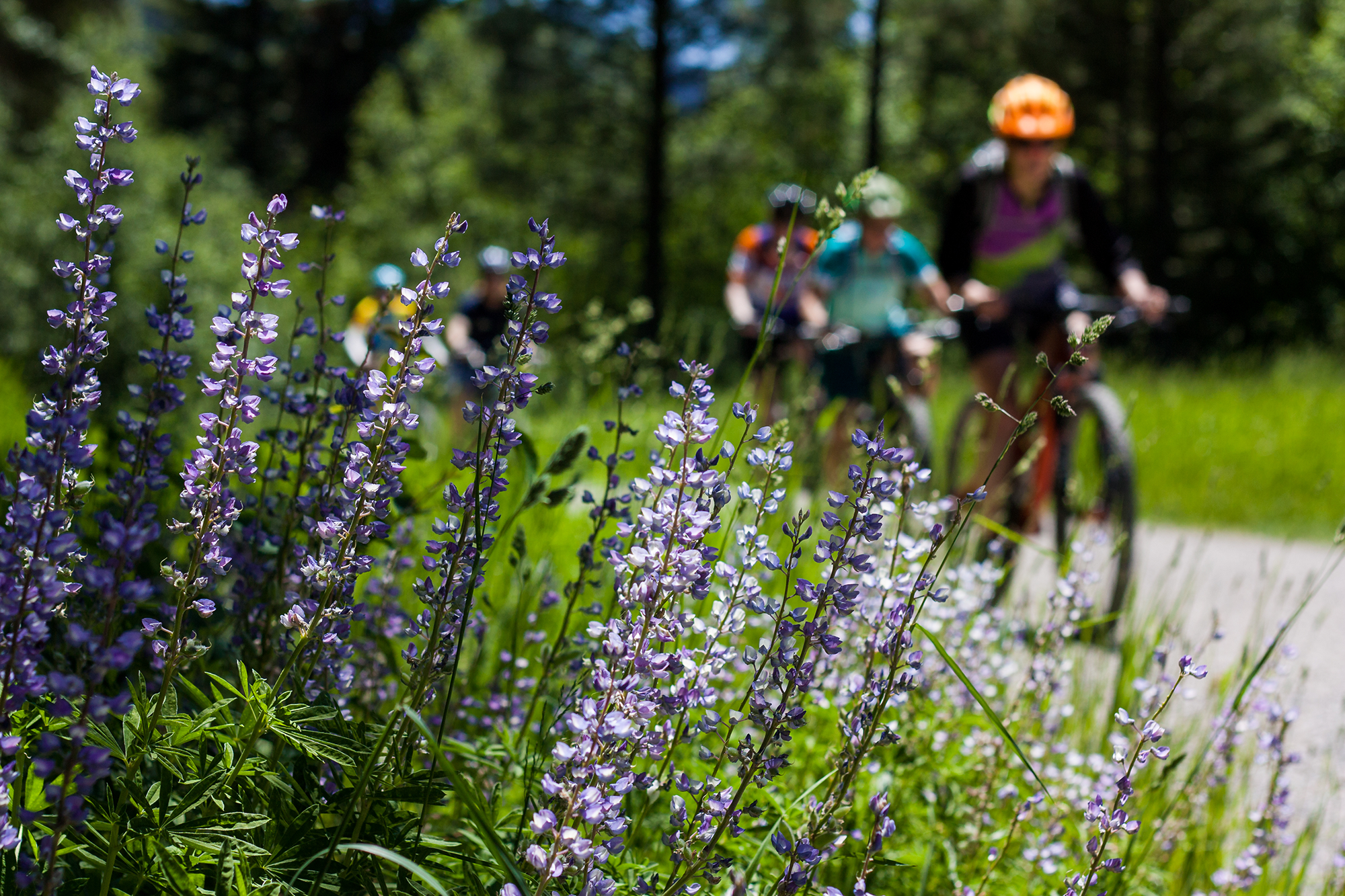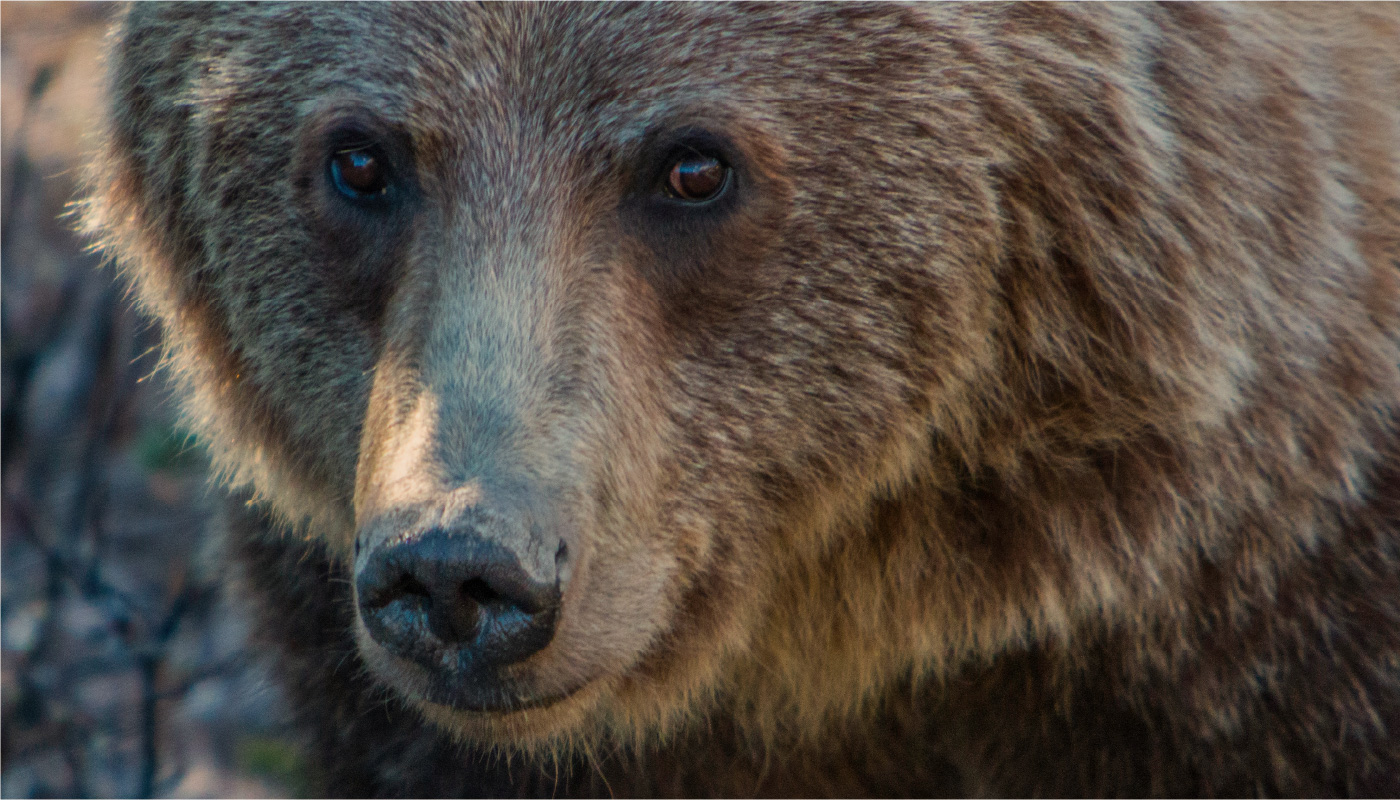Province continues to approve logging in critical habitat while avoiding available policy and management solutions
MEDIA RELEASE | MAY 28, 2020
New research shows federal and provincial legislation and policies are failing to adequately protect legally-identified “critical habitat” for southern mountain caribou in British Columbia. Protecting critical habitat is essential for the survival or recovery of species listed as threatened and endangered under the federal Species at Risk Act.
University of Montana and Yellowstone to Yukon Conservation Initiative ecologists, together with a legal scholar from the University of Calgary, mapped publicly-available government data on logging in B.C. alongside critical habitat for endangered southern mountain caribou. The authors found more than 900 square kilometres of the habitat legally identified under the Species at Risk Act and published in the 2014 federal woodland caribou recovery strategy has since been logged.

Under the Species at Risk Act, the federal government could protect critical habitat on provincial land by issuing an emergency order. In May 2018, the federal Minister of Environment and Climate Change issued a formal assessment determining that southern mountain caribou in B.C. were experiencing imminent threats to their recovery. After making this determination, the Minister should recommend an emergency order to protect caribou, but has yet to do so.
Despite being home to the most species at risk and the highest levels of biodiversity in Canada, B.C. still does not have provincial species at risk legislation. Instead, the province relies on a patchwork of laws and policies, including the Forest and Range Practices Act and the Oil and Gas Activities Act, to manage forested critical habitat. The results of this study show that these laws have failed to protect critical habitat for southern mountain caribou.
“British Columbia relies on discretionary measures to protect critical habitat, and this paper illustrates how ineffective these measures are in the face of economic interests which threaten southern mountain caribou,” says Shaun Fluker, University of Calgary associate professor of law. “In the absence of dedicated species at risk legislation, other policy tools are needed and our paper outlines several options.”
The study highlights Indigenous Conserved and Protected Areas and partnership agreements between Crown and Indigenous governments as promising alternatives to help protect critical habitat in the absence of provincial species at risk legislation or federal orders under the Species at Risk Act.

However, the authors caution there is no one-size-fits-all approach and the burden of protecting caribou critical habitat should not fall on Indigenous peoples. In cases where Indigenous and Crown government priorities overlap, Indigenous Conserved and Protected Areas can simultaneously help affirm Indigenous rights and protect caribou, and British Columbians can work to support these Indigenous-led endeavors.
One recent example of collaboration between Indigenous and Crown governments is February 2020’s Partnership Agreement between West Moberly and Saulteau First Nations, B.C. and Canada.
The Partnership Agreement has considerable potential to help recover caribou because it includes temporary moratoria on new logging and road development across more than 5,000 square kilometres of caribou habitat, and will also add approximately 2,000 square kilometres to the existing Klin-se-za Provincial Park .

“The governments who signed that agreement did the right thing for people and caribou,” says Candace Batycki, program director at Yellowstone to Yukon Conservation Initiative.
“But the B.C. government is now saying this was a unique situation that is unlikely to be repeated elsewhere, and that no more caribou habitat needs to be protected in the province. This flies in the face of their own recovery planning documents and the advice of their scientists, and is frustrating to First Nations who are interested in developing similar agreements. We need B.C. to get their story straight, and take real recovery actions,” says Batycki.
“The clock is running out on helping caribou. Our research shows that logging in legally-identified caribou critical habitat is happening right now. Without protecting these areas, temporary measures to recover caribou, such as predator control and maternity penning, will not be enough to maintain self-sustaining populations in the long term,” says the study’s lead author Eric Palm, PhD candidate at University of Montana.
“Trying to recover caribou populations while logging their critical habitat doesn’t make any sense.”
Background:
Read the paper: The long road to protecting critical habitat for species at risk: The case of southern mountain woodland caribou


